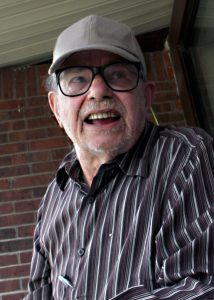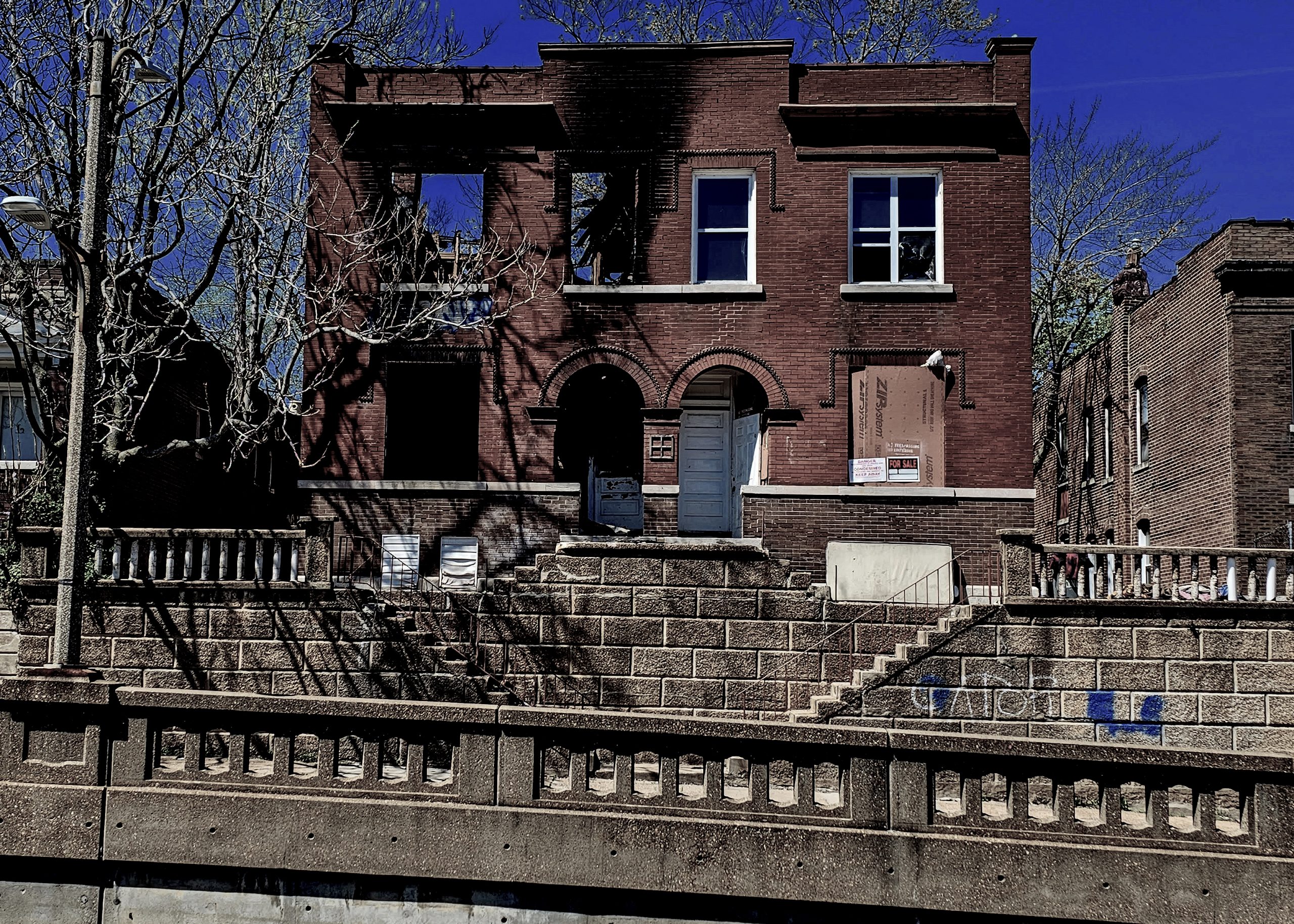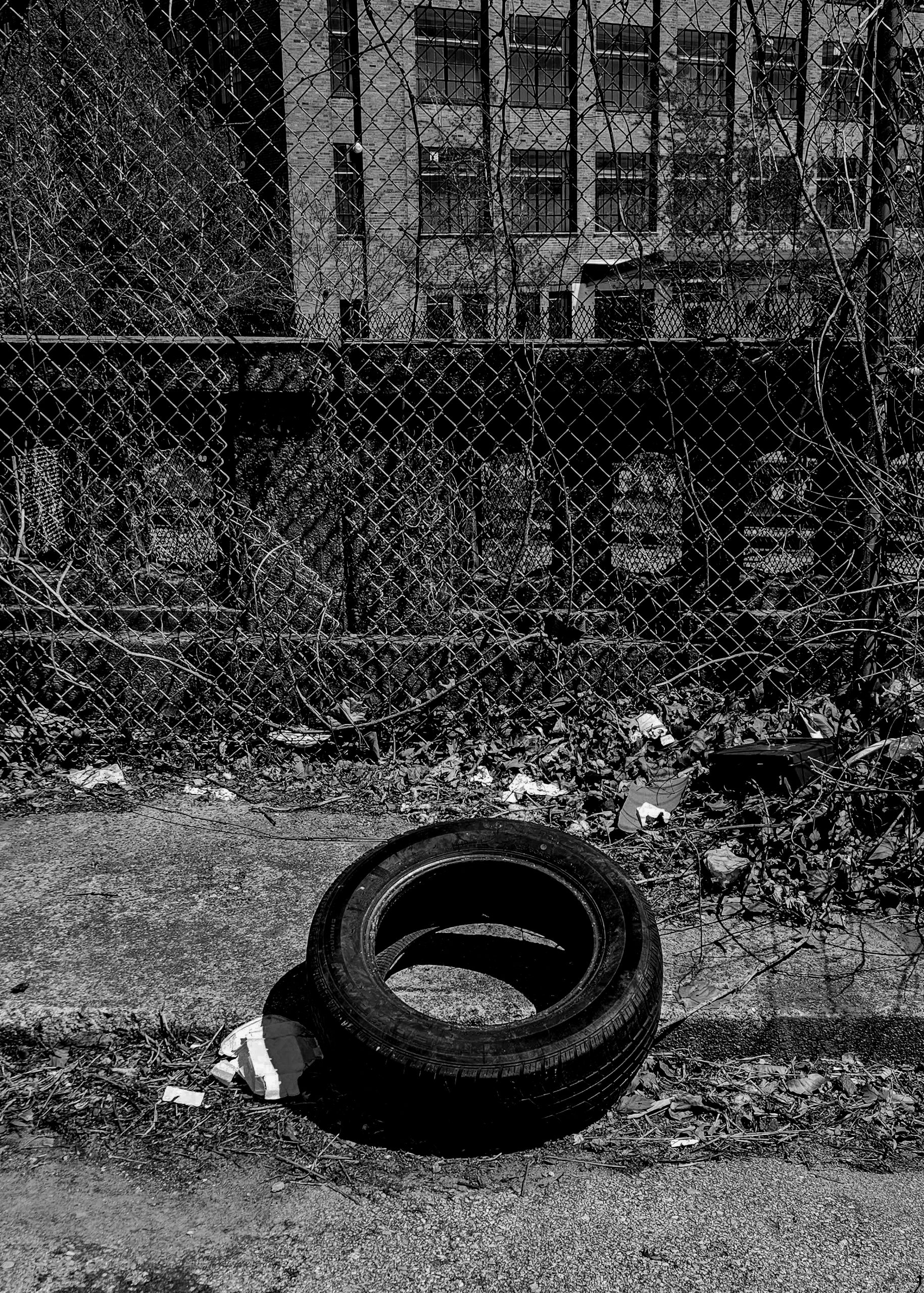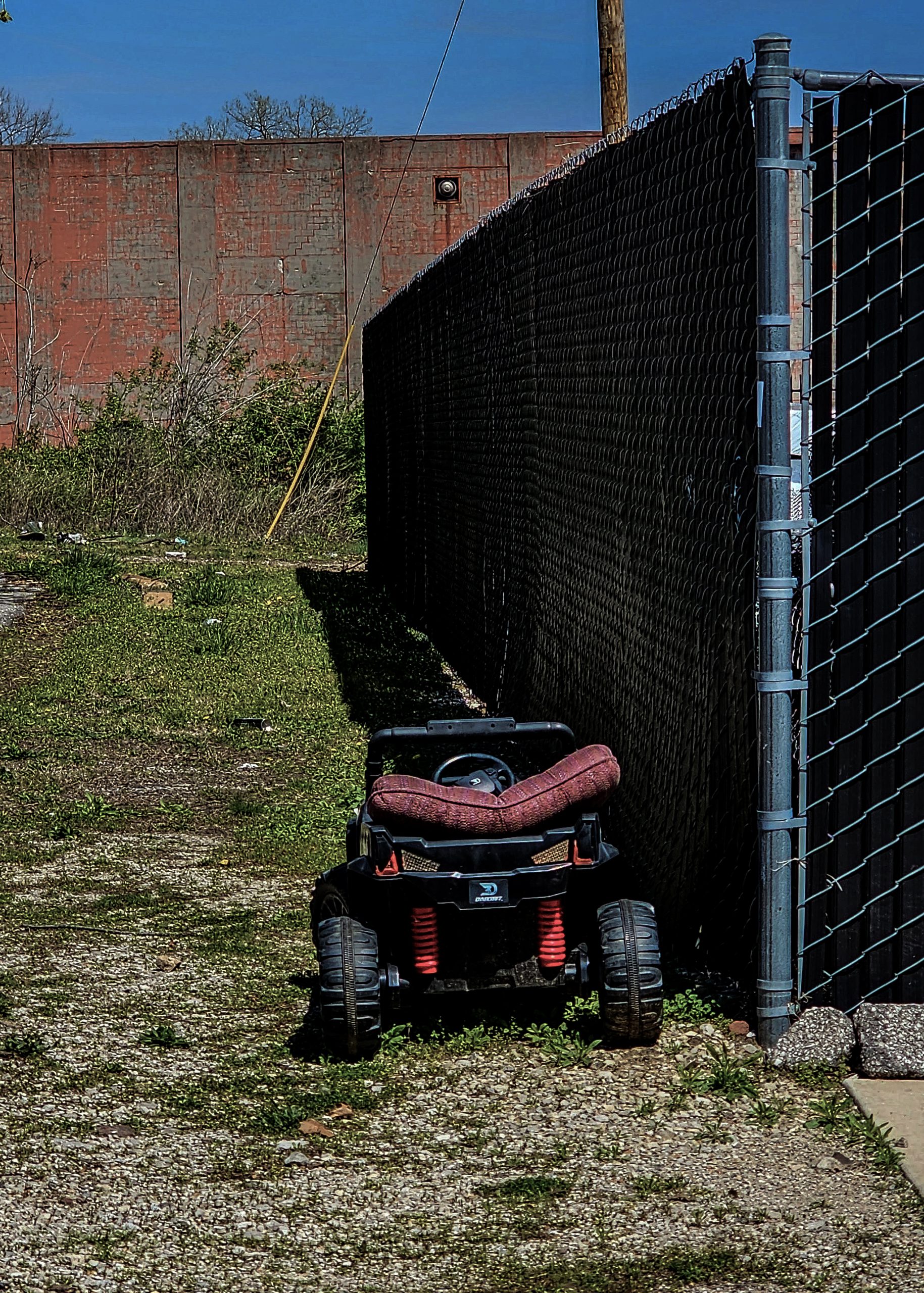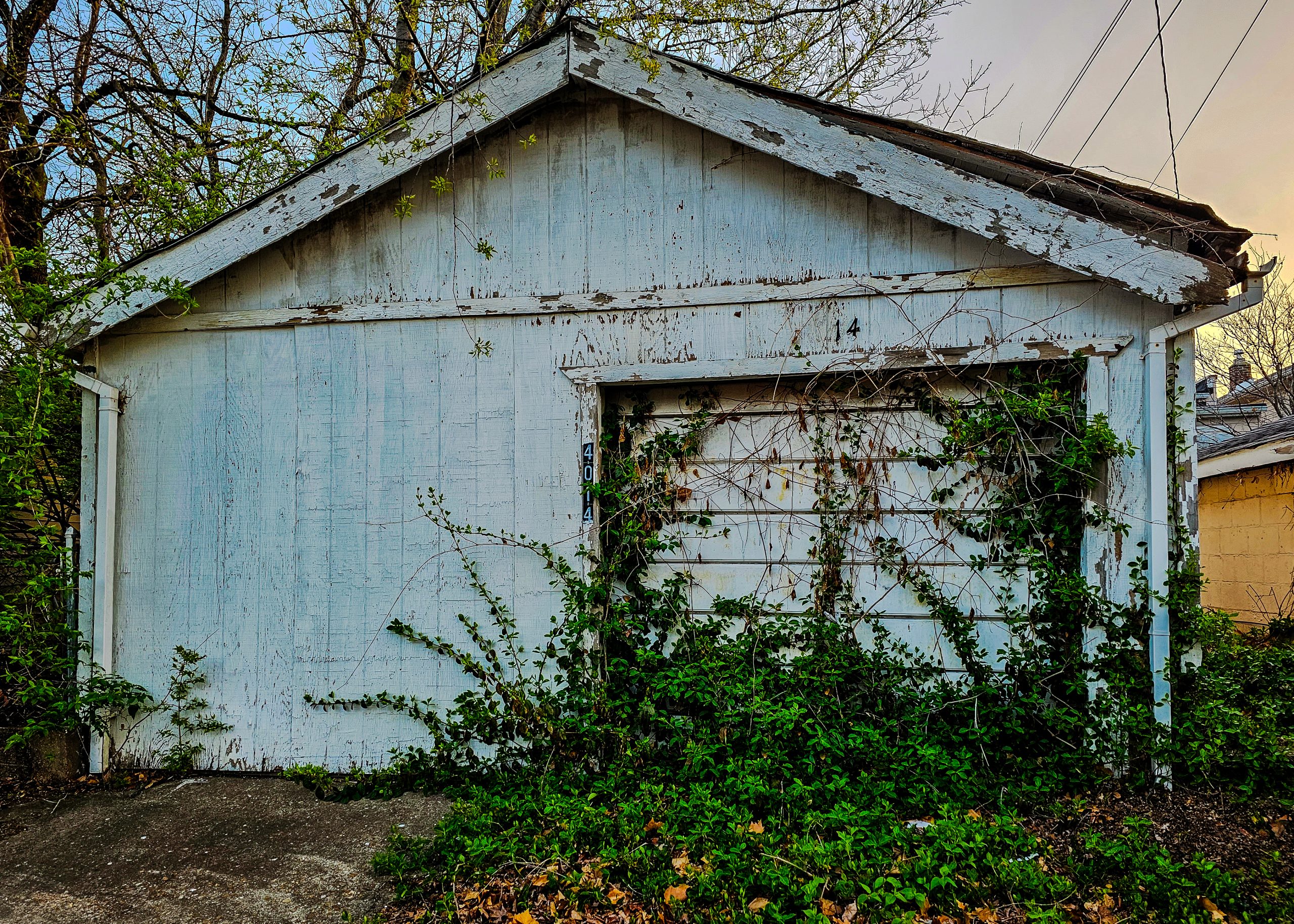There are times I wonder why I do what I do. I mean, the thought occurs that there are simpler things in life. How did I ever convince myself that I could be a writer?
I cannot retrace the steps, not at this point. Somewhere back in the restructured haze of youth I had this idea that it would be cool to tell stories and get paid for it. I can do that, I can make things up, I do it all the time, all I have to do is write it down and send it in.
Well, I will not retrace the learning that showed me how wrong I was about my abilities. Death by a thousand rejection slips.
I’ll admit, I was baffled. I don’t know about others, but for a time I honestly could not see a difference between what I read in the magazines and what I was putting down on paper. You just tell what happens next. What does logic have to do with it? Life doesn’t follow rules like that, why should fiction? And this is science fiction, so rules should apply even less. I mean, what does it mean, it doesn’t make sense?
Because I did not know any of the rules, not even the rules of submission, I received no feedback in those early attempts, and drifted away into something else. Something I thought would be simpler. As much as I appreciate complexity as such, I was not good at creating it or dealing with it. How I managed to reach adulthood with any capabilities at all is one of those mysteries never to be fully—or even partially—answered. It was never that I thought the rules didn’t apply to me, it was that I never recognized the rules.
And still I managed.
It’s remarkable that I’m even alive.
But there were guardrails. My parents, other adults in my life, the rough outlines of general rules, a certain unexamined caution in my approach to daily life. And limited opportunities to get in over my head. In many ways, I had a sheltered upbringing.
That and I read. (One of my favorite films is Three Days of the Condor and one of my favorite scenes is the one where all these CIA operatives are discussing Robert Redford and how dangerous can he be. He has no field experience, why are we worried. “He reads,” Cliff Robertson tells them. Clearly most of them don’t get it. I loved that. He reads.
I read. A lot.
Not as much as I once did, but I retain more now, so it balances out. While I can’t point to a specific example (other than in a debate or argument) where having read something made a difference in a given situation, the cumulative effect has been like a form of experience.
I grew up at a time in a place soaked in the kind of received nonsense that requires outgrowing. At one time or another I have believed a great many false narratives, especially about the relative value of different people, different kinds of people, and like most of the people around I would let proof of my beliefs dribble from my mouth from time to time. Some of my contemporaries, no doubt, never grew out of that. For whatever reason, I was fortunate in a disposition that made it impossible for me to categorize anyone I personally knew according to prevailing stereotypes, and by extension whatever group they supposedly represented. Little by little, over time, I left a great many prejudices behind. Can I take any kind of credit for that? I’m not sure. The simplistic veneer of easy discrimination always gives way to the complexness underneath, and I have always preferred to embrace the complex—even when I didn’t understand it. And what I eventually understood is that prejudices, especially towards people, are products of simplistic thinking. The defense of such thinking, when pursued far enough, results in complicated structures that ultimately will not even support themselves. That genuine understanding results in simpler structures that allow us to see clearly.
Because I have learned (eventually) that complex is not the same thing as complicated and that often, perhaps usually, complexity manifests in simple forms. When we examine the properties of a nautilus shell, we see something quite simple in presentation. We can take it in at a glance and appreciate what it is fairly easily. It is a simple thing. But the layers of complexity is contains and offers up with investigation amaze us and lead to a trove of questions which, pursued diligently, offer up a glimpse into the underpinnings of the universe. A simple tune, easy on the ears and elegantly comprehensible in its performance, yields up myriad mathematical, harmonic, and even cultural aspects, an onion in its layers, beautiful complexity that manifests in simple melody and harmony. As noted by Samuel R. Delany, a simple declarative sentence—The door dilated—unpacks in ways that suggest an entire civilization beyond the threshold, all the assumptions necessary to result in the logic of that sentence and what it tells us.
Learning to see the two in collaboration can give us a more satisfying experience of life itself.
As a youth, I was dazzled and delighted by the complexities. Sometimes I mistook complications for complexities. Detail can fascinate, even when it might not add up to anything coherent. A consequence of age and continual observation is that I learned to see the whole where before I might only have seen the components. The art of recognizing and assembling complex ideas and details to create a comprehensible something is the art of recognizing that elegance, truth, and understanding should not confuse. We strive for clarity, which usually presents as simplicity.
But like the misidentification of complexity with complication, we have to learn to tell the difference between simplicity and the simplistic.
Thank you for your attention while I did some sorting.

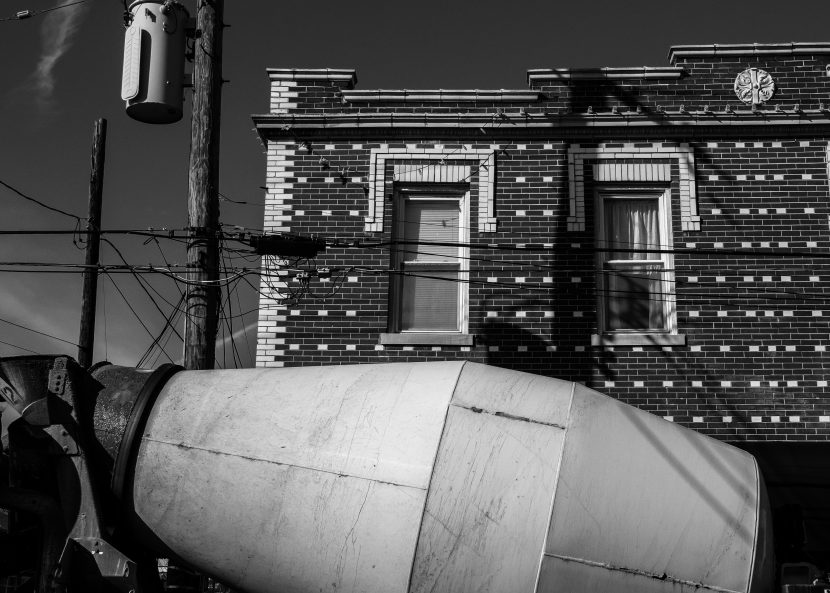

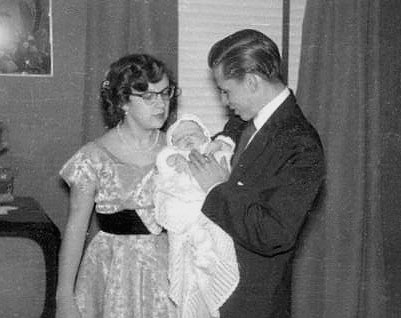
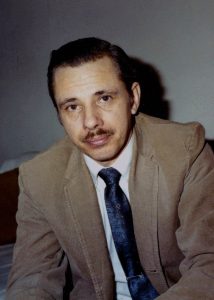 From all I have gathered, dad did everything he could to make a fine and nurturing home. He had come from domestic circumstances that were far from ideal, from an alcoholic and abusive father and an apparently resentful if dutiful mother. He had been a late baby for her, giving birth to him when she was 40. While that is less uncommon today, in 1930 that was not only unusual but entailed more risk. There was a considerable age difference between Henry and his siblings and he ended up the last to leave home, which he had to do under fraught circumstances. It seemed that he was determined to do better for his own family.
From all I have gathered, dad did everything he could to make a fine and nurturing home. He had come from domestic circumstances that were far from ideal, from an alcoholic and abusive father and an apparently resentful if dutiful mother. He had been a late baby for her, giving birth to him when she was 40. While that is less uncommon today, in 1930 that was not only unusual but entailed more risk. There was a considerable age difference between Henry and his siblings and he ended up the last to leave home, which he had to do under fraught circumstances. It seemed that he was determined to do better for his own family.